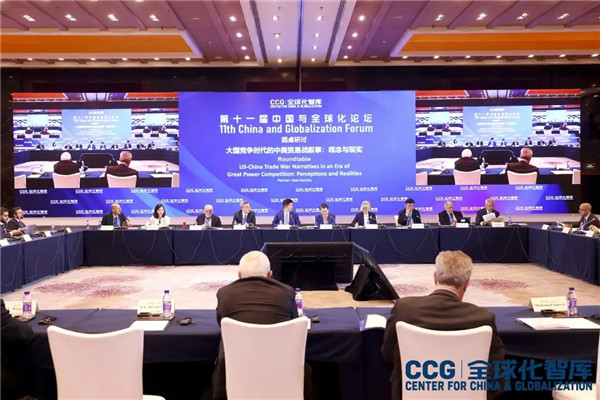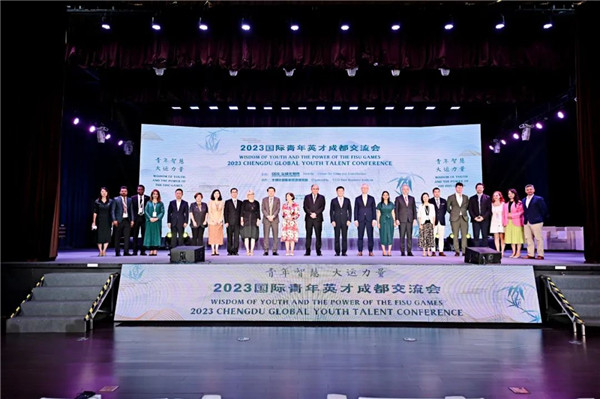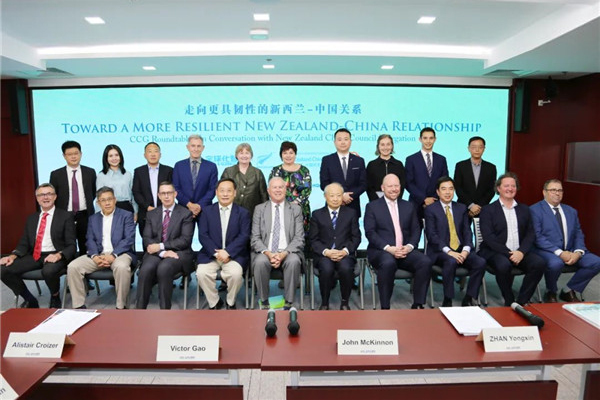The role of the WTO in fighting COVID-19

[Online Video]
https://www.facebook.com/CCGthinktank/videos/666727817514549/
Tecent
https://v.qq.com/x/page/w09544np9ev.html
The COVID-19 pandemic has caused unprecedented disruption to the global economy and world trade.

On April 20, the Center for China and Globalization (CCG) held a webinar titled “The world under fire: The role of the WTO in a global response to the COVID-19 pandemic.” The webinar brought together leading WTO experts and academic scholars to discuss topics like the effects of the COVID-19 pandemic on the global value chains, the role of the WTO in the response of the pandemic, as well as the way to promote cooperation between the United States and China in tackling challenges resulting from COVID-19.

CCG President Wang Huiyao suggested that the WTO should play a more active role in addressing the crisis facing world trade due to the pandemic. All the members of the WTO could make more proposals to deal with the challenges.

Pascal Lamy, former director-general of the WTO and chair of the Paris Peace Forum, introduced five impacts of the pandemic on international exchanges, including the need for precautionary measures to protect people, subsidies, environmental impacts, export restrictions, and restrictions on the movement of people. He pointed out that the WTO and the multilateral trading system should keep levelling the playing field, which is a basic condition for trade to remain open.

WTO Deputy Director-General Alan Wolff emphasized the importance of transparency of measures and policies that the G20 countries have committed to in responding to COVID-19. He called for more coordination and cooperation between the international community, especially on sharing information and vaccine research.
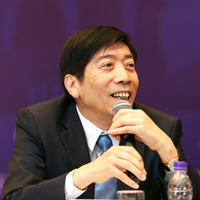
Huo Jianguo, vice chair of China Society for World Trade Organization Studies and CCG senior fellow, called on the international community to cooperate to promote WTO reforms. He suggested the WTO should reform the negotiation rules for import and export tariffs, as well as the Trade Policy Review Mechanism and the Appellate Body in the WTO dispute settlement system.

Wendy Cutler, vice president of the Asia Society Policy Institute (ASPI) and former deputy USTR, said that e-commerce negotiations have become increasingly important in this period but still need to improve. She expects e-commerce to grow in terms of shopping and communication.
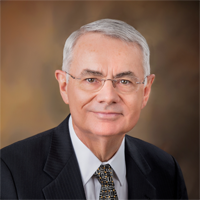
James Bacchus, distinguished professor of Global Affairs at the University of Central Florida and former chief judge of the WTO Appellate Body, said that global governance has trailed far behind global integration, not only economically, but in many other aspects. He said systemic risk requires systemic solutions through multilateral efforts and cooperation between countries.

Tu Xinquan, professor and dean of the China Institute for WTO Studies at the University of International Business and Economics (UIBE) and CCG nonresident senior fellow, believed that WTO authority could be revived to regulate world trade and overcome destructive trade measures only when both the US and China are willing to take responsibilities to the WTO.
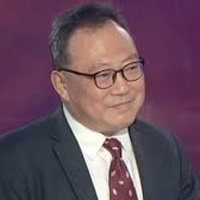
Li Yong, deputy chair of the Expert Committee at the China Association of International Trade (CAIT) and CCG nonresident senior fellow, said that the business environment is going to shift because governments only consider countermeasures from their own perspectives, which could lower tolerance towards globalized business among the governments. WTO needs to seek an opportunity to strengthen supply chains.
